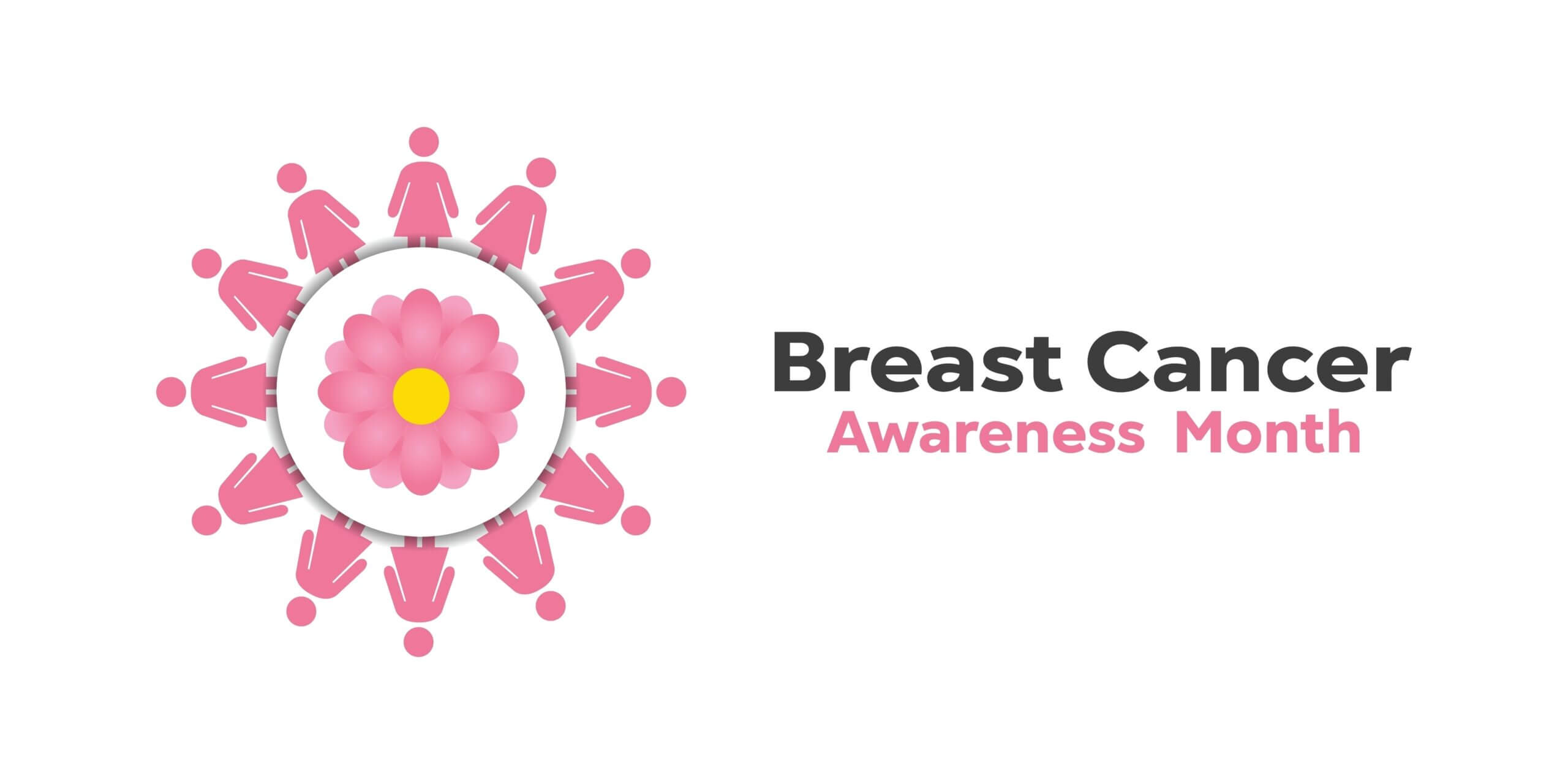
The emotional toll of cancer can be hard for men, who may find it difficult to open up and talk about their feelings
When it comes to cancer, early detection can make all the difference – especially for men. Yet too often, men delay getting symptoms checked or avoid routine health conversations altogether. At Cancer Support UK, we want to help change that. We’re shining a spotlight on the cancers that affect men most – prostate, lung and bowel cancers – which now account for over half of all new cancer cases in men. We also want to raise awareness of other cancers, which affect men, such as bladder and oesophageal cancers, and why it’s time to break the silence, take control, and support one another through awareness and action.
Cancers that commonly affect men in the UK
While men can be affected by any type of cancer, some are more common than others. Understanding the risks can help save lives.
The three most common cancers in men:
Prostate cancer
The most common cancer among UK men, with over 50,000 new diagnoses each year.
Symptoms can include:
- Difficulty urinating or a weak flow
- Increased frequency of urination (especially at night)
- Blood in urine or semen
Note: Some men have no symptoms – which makes regular check-ups all the more important.
Lung cancer
The second most common cancer in UK men, with high mortality rates.
Symptoms include:
- A persistent cough
- Coughing up blood
- Shortness of breath
- Chest pain or recurrent chest infections
Quitting smoking, avoiding second-hand smoke, and attending lung health checks where available can all help lower your risk.
Bowel cancer
The third most common cancer in UK men.
Symptoms may include:
- Persistent changes in bowel habits (diarrhoea, constipation)
- Blood in your poo
- Abdominal pain or bloating
- Unexplained weight loss or fatigue
Men over 60 are offered bowel screening – taking part could save your life.
Other cancers men should be aware of:
- Testicular cancer – most common in younger men aged 15–49, highly treatable when detected early.
- Melanoma – a form of skin cancer. Men are more likely to be diagnosed at a later stage.
- Head and neck cancers – often linked to smoking, alcohol, and HPV infection.
- Bladder cancer – more common in men than women.
- Oesophageal cancer – often diagnosed late; symptoms include difficulty swallowing and indigestion.
Why don’t men talk about cancer?
There’s still a stigma around men discussing health concerns, particularly when it comes to cancer. Many men grow up with the idea that they should “tough it out” or “just get on with it.” But silence can be deadly.
It’s time to redefine strength – it’s not about putting up with pain or ignoring symptoms. Real strength lies in speaking up, getting checked, and encouraging others to do the same.
The life-saving power of early detection
When cancer is found early, treatment is often more effective and outcomes are better. For example:
- Testicular cancer has a survival rate of over 95% when diagnosed early.
- Bowel cancer survival is 9 in 10 when detected at Stage 1.
- Lung cancer outcomes are dramatically better when caught in the early stages.
- Prostate cancer is far more manageable when identified before it spreads.
Many of the men we support have shared stories of how catching cancer early – even when they felt fine – saved their lives. Their message is clear: if something feels wrong, don’t wait.
Practical tips for staying on top of your health
- Know your family history. If cancer runs in your family, talk to your GP – it may affect your risk.
- Get to know your body. Do monthly testicular self-checks, look out for changes in skin, lumps, or unexplained pain.
- Don’t dismiss changes. Fatigue, weight loss, blood in your stool or urine, or persistent coughs shouldn’t be ignored.
- Make use of screening programmes. Take part in NHS screening for bowel, prostate (PSA test if offered), and lung health where available.
- Cut your risk. Stop smoking, reduce alcohol intake, eat a balanced diet, stay active, and protect your skin from UV rays.
- If you do receive a cancer diagnosis and know you are going to have treatment, it’s vital that you get yourself as fit and healthy as you possibly can. This will help you recover quicker from treatment and stay in good health.
How we support men facing cancer
At Cancer Support UK, we understand that the emotional toll of cancer can be just as heavy as the physical treatment – especially for men who may find it difficult to open up.
Our free Cancer Kits provide practical items to support men during treatment, while our Cancer Coach programmes offers guided peer support with others who’ve been through cancer themselves. Many men tell us they find strength in speaking with people who “just get it.”
Emotional support is equally important as the physical treatment, yet many men struggle to access or even acknowledge they need it.
Peer support groups and buddy systems can help men open up in safe, relatable spaces.
We also offer Workplace Cancer Support Training to help employers create understanding environments for men facing cancer.
Help us spread the word
You can help break the silence around men’s cancer:
- Share this article with someone you care about.
- Encourage men in your life to check symptoms and book appointments.
- Support our work so we can continue to provide vital practical and emotional help to people living with cancer.
Call to action
- For men: If you’re a man who’s noticed something unusual – or if someone you care about has – take action today. You could save your own life or someone else’s. If something feels off, get it checked. You know your body best – trust it.
- For families, friends and communities: Encourage the men in your life to talk about their health. Be the nudge they need.
- For employers and colleagues: Create supportive environments where men feel safe to prioritise their health – without judgement or fear.
Cancer doesn’t care about bravado. It doesn’t wait. Neither should you.
Let’s talk about men’s health – and let’s keep talking.



